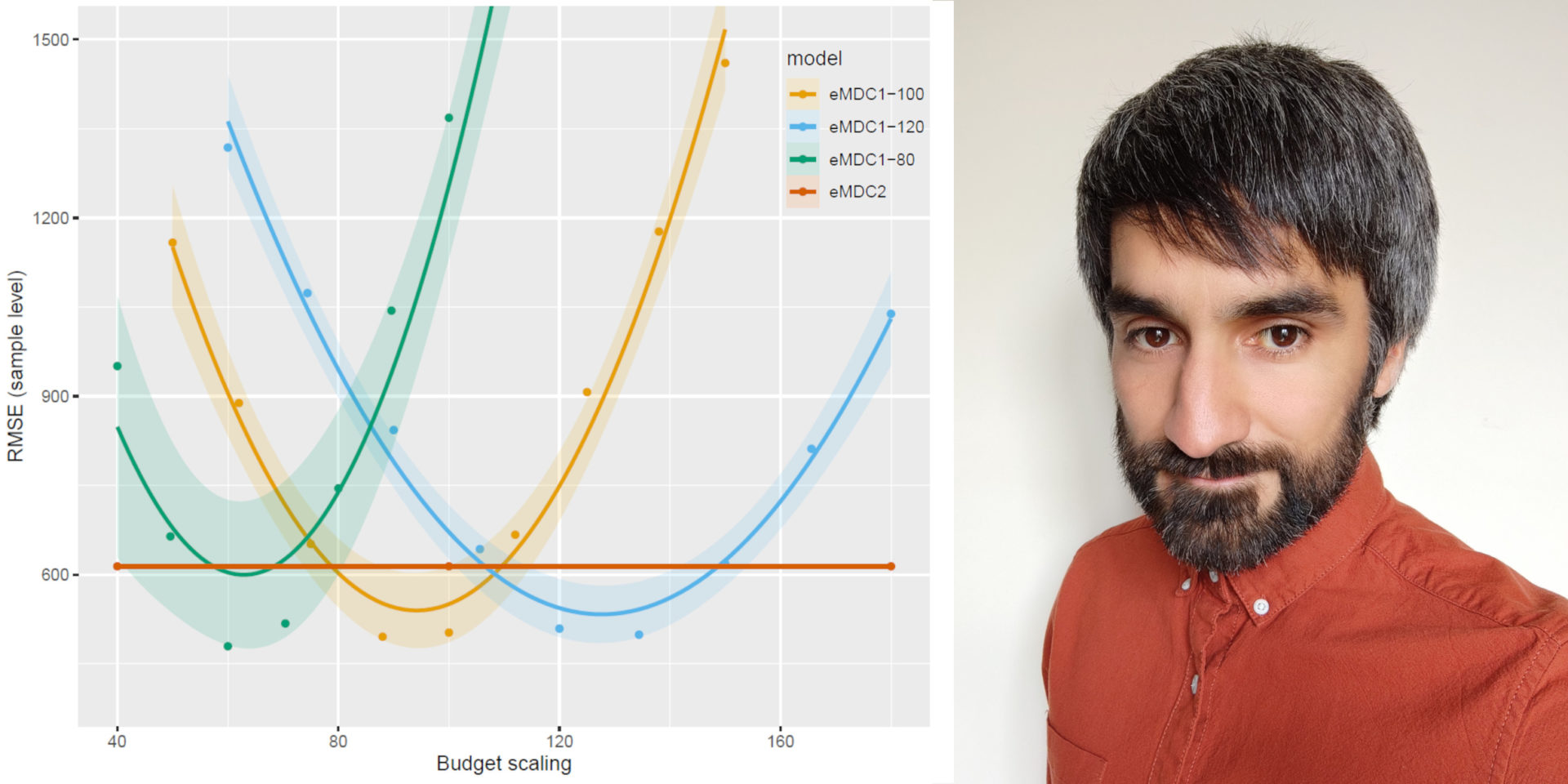David Palma – Seminar at the the Department of Transport Engineering and Logistic, Universidad Católica, Chile

David gave a seminar entitled “A discrete-continuous approach for simultaneous modelling of time-use and expenditure"
Abstract:
Interest in time-use modelling has increased significantly during the last few years, especially as activity-based modelling becomes the dominating approach for large-scale transport modelling. The objective of time-use modelling is to understand and predict people’s engagement in activities throughout a day.
Within the time-use literature, discrete-continuous models have attracted much attention, as they allow prediction not only what activities individuals engage with, but also for how long. At the same time, another string of literature has stablished that monetary expenditure and time-use are intrinsically linked, as most individuals must spend time working to earn money, and because multiple activities require spending money to engage in them (e.g. a ticket must be purchased to go to the cinema).
This seminar introduced a new discrete-continuous approach for simultaneous modelling of time-use and monetary expenditure. This model incorporates complementarity and substitution effects within activities (time-use decisions), within expenditure categories, and between activities and expenditure categories. Furthermore, a variation of the model that does not require observing the individual’s monetary income is presented and discussed. This is particularly useful as defining individual disposable income is often difficult in households with more members than earners.
